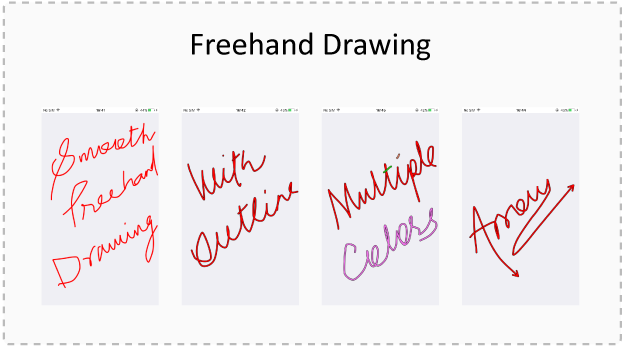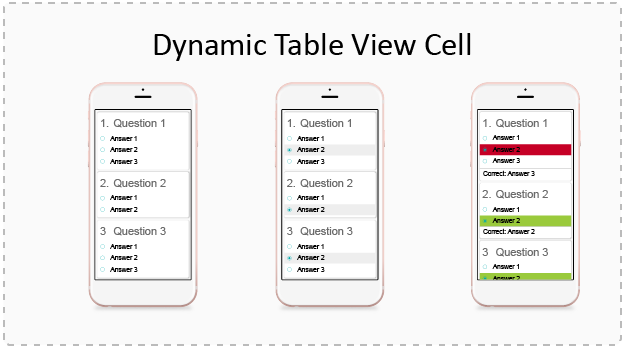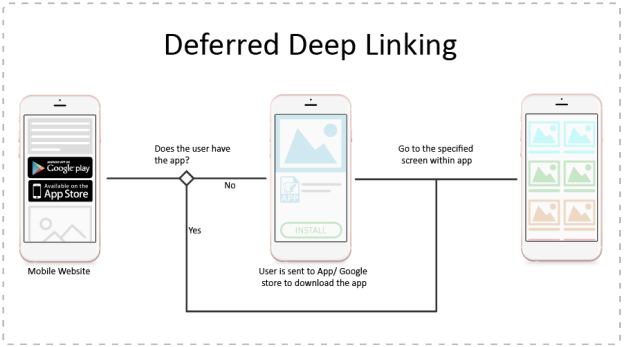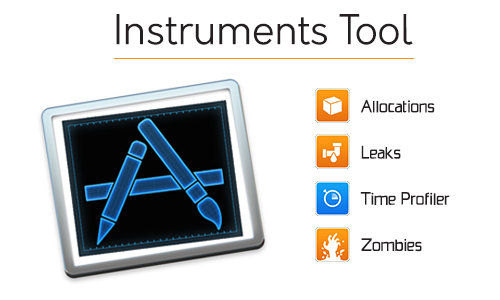
SOLID: Dependency Inversion Principle
Dependency Inversion Principle Previous Principle: Interface Segregation Principle High-level modules should not depend on low-level modules. Both should depend on abstractions. When designing a system we have low level classes (classes which implement primary operation like: Network access, Disk access, Database access) and high level classes which have business logic. High level classes are dependent on Continue Reading »
 End to End Technology Solutions
End to End Technology Solutions










